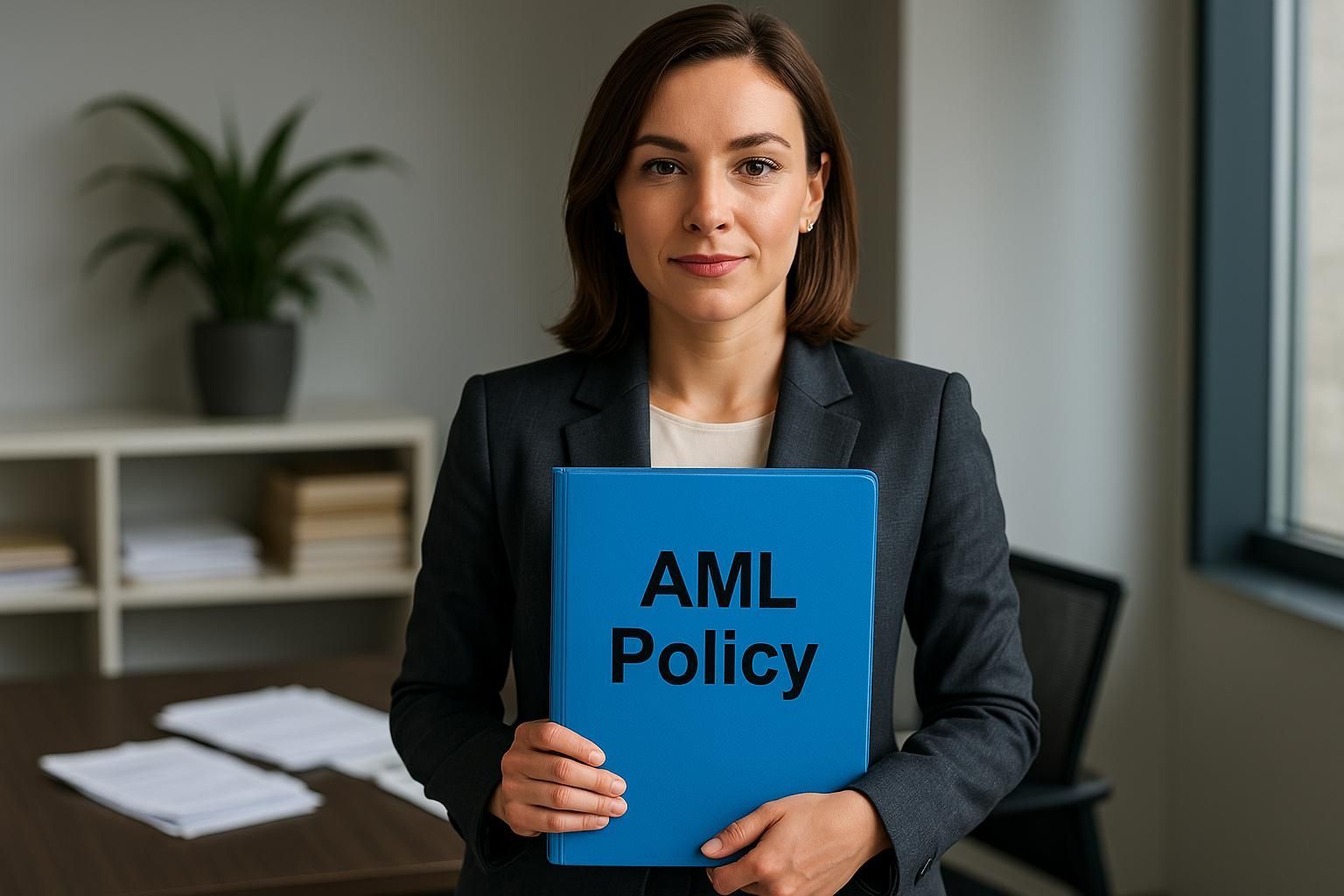April 12, 2025
For small check cashing businesses—also known as Money Services Businesses (MSBs)—maintaining strong anti-money laundering (AML) and counter-financing of terrorism (CFT) procedures is no longer optional. It's a legal obligation, and more importantly, a cornerstone of long-term business stability and integrity. Understanding AML/CFT for Check Cashing Businesses Check cashers are considered MSBs under U.S. law, and must comply with the Bank Secrecy Act (BSA) , USA PATRIOT Act , and FinCEN regulations . These regulations require all MSBs to develop and implement Anti-Money Laundering policies, controls, and procedures tailored to their size, risk level, and services offered. Key Elements of an AML Compliance Program: Written AML Policies and Procedures – Clear documentation outlining how your business prevents and detects money laundering. Appointment of a Compliance Officer – A trained individual responsible for daily oversight of the AML program. Employee AML Training – Regular training on identifying red flags, completing CTRs and SARs, and understanding KYC policies. Independent Review – Periodic audits of your AML compliance program to ensure its effectiveness. Customer Due Diligence (CDD) and KYC – Establishing the identity of customers before completing any financial transaction. AML, CFT, and KYC: Breaking It Down AML Policy and Procedures : These outline how your business complies with the BSA, identifies suspicious activity, and files reports (CTRs/SARs). CFT Policies and Procedures : Focus specifically on identifying and blocking funds that could be used to support terrorism. KYC AML Policy Framework : Know Your Customer (KYC) ensures you verify the identity of customers and monitor transaction patterns. It complements both AML and CFT efforts. AML BSA Policy : Emphasizes your responsibility under the BSA to file required reports and maintain necessary records. Why Small Check Cashers Need Tailored AML & KYC Programs Many AML policy templates are written for banks or large financial institutions. However, small check cashing businesses face unique challenges such as limited staffing, high cash volume, and walk-in customers with little documentation. Therefore, your AML & KYC policy should: Include simple yet effective controls for red flag detection (e.g., multiple $2,900 transactions, suspicious behavior). Provide clear employee responsibilities —especially for SAR filing and customer ID collection. Include practical check cashing procedures , such as identifying structured transactions or smurfing. Offer a scalable AML compliance program you can maintain affordably. AML Policies in Practice: Key Documents to Maintain AML Policy Statement : A clear declaration of your commitment to compliance. Sample AML Policy for Non-Financial Institutions : Use this if you are not a bank but offer financial services. Money Laundering Policies and Procedures Manual : A detailed internal document. AML CFT Program Example : For structuring your risk-based approach to AML/CFT obligations. AML KYC RBI Circulars : If you're referencing regulatory circulars for compliance benchmarking. AML CFT Procedures for Mortgage Brokers : These provide a good example for non-bank financial services. Sample Services & Transactions Covered by AML Policy Cashing government and payroll checks Selling money orders Wire transfers over $3,000 Prepaid card sales Foreign currency exchange What Makes a Good AML Policy for Your Business? A strong policy should be: ✅ Easy to follow for your staff ✅ Customized to your services ✅ Reviewed annually ✅ Based on a risk assessment model ✅ Reviewed by a third-party AML examiner Conclusion: Protect Your Business with Practical Compliance Whether you refer to it as anti money laundering policy and procedures , KYC AML CFT policy , or AML CFT policies and procedures , the goal remains the same: to protect your check cashing business from fines, fraud, and criminal exploitation . With the right AML and KYC policy framework in place, even a single-location MSB can operate with confidence, comply with regulatory expectations, and build trust in its community.





